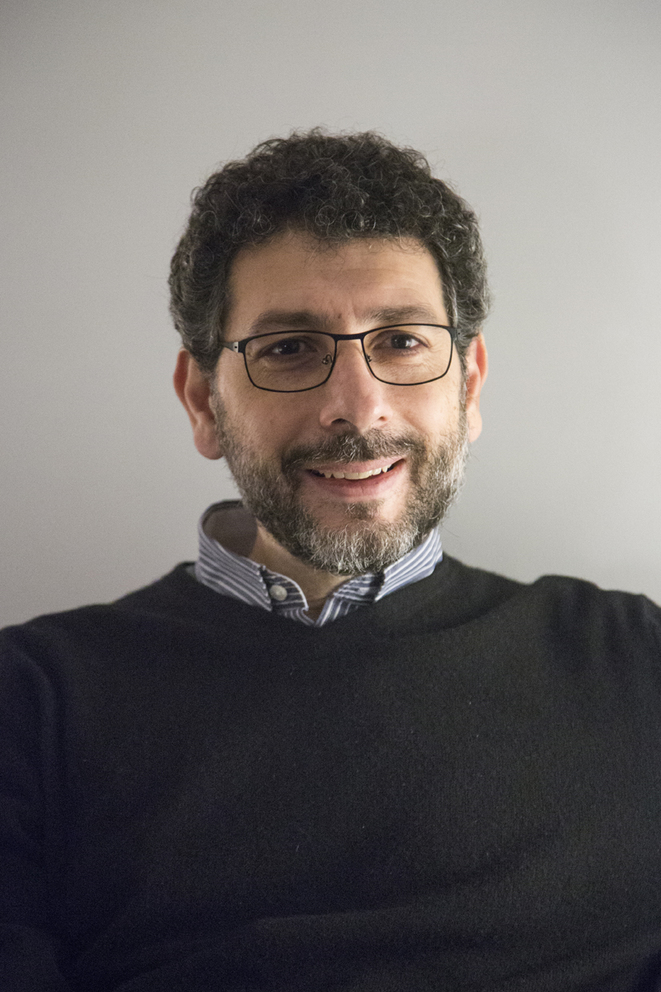Firstbridge courses are offered to degree seeking freshmen and registration is done via webform in pre-arrival checklist.
Professor(s)
Notes
Following the decline of the Ottoman Empire during the First World War, five founding moments have marked the history of the Middle East.
The first is the one of European promises, betrayals and establishment of maps and borders (1915 - 1920).
The second moment is that of the creation of Israel in 1947, followed by the First Arab Israeli war (1948-49), and the displacement of hundreds of thousands of Palestinians.
The third moment, 1973, is the one of the last Arab-Israeli war (in terms of State to state actor), the end of Nasserism, the oil boom and the rise of political Islam.
The fourth moment is that of the Iranian revolution in 1979 followed by the devastating Iraq-Iran war. It happened at the same moment when the Afghan jihad started against the Soviet army. Both events and their direct consequences led to 9/11 and to the series of conflicts in and around Iraq.
The fifth is the one that started in 2011, when revolutions against dictatorships erupted in many Arab countries. Conflicts, counter-revolutions and foreign military interventions followed and led to the series of crises that the Middle East (and the world) continue to witness today.
The course will explore these moments and will examine how the evolution of languages and dialects affected them culturally and politically.
Learning Outcomes
- Students will comprehend how information is produced and valued in order to discover, evaluate, use, and create information and knowledge effectively and ethically. In FirstBridge, students will demonstrate the conversational nature of scholarship, and recognize their potential role and responsibilities as contributors to that conversation. For each discipline taught in FirstBridge, students will identify reference works, journals, databases and/or major works in history, in order to start effective research in the field. (FB LO1)
- Students will acquire the study skills, time management, and interpersonal skills needed to meet the demands of university-level academic work at a Liberal Arts College individually or as a team. Students will value the multiple meanings of place through experiential learning at AUP and beyond in the Parisian or global context. (FB LO2)
- To achieve a deep and nuanced understanding of this part of the world.
- To put many of today’s conflicts in their historical context and in their relation to World’s politics.
- To read/watch literature/documentaries produced by people from the region and to compare their approaches to what they have been exposed to in their respective socio-cultural environments.
- Students will enhance their intercultural understanding of languages, cultures and the histories of local societies, and the global issues to which these relate. (CCI LO1)
- Students will think critically about cultural and social difference. Students will identify and understand power structures that determine hierarchies and inequalities relating to race, ethnicity, gender, nationhood, religion or class. (CCI LO3)
- Students will demonstrate awareness of ethical considerations relating to specific societal problems, values or practices (whether historical or contemporary, global or local) and learn to articulate possible solutions to prominent challenges facing societies and institutions today so as to become an engaged actor across various levels of our interconnected world. (CCI LO4)
Syllabus
Book List
| Title | Author | Publisher | ISBN Number |
|---|---|---|---|
History of the Arab peoples | Hourani | 9780571288014 |
Schedule
| Day | Start Time | End Time | Room |
|---|---|---|---|
Tuesday | 13:45 | 15:05 | SD-4 |
Friday | 13:45 | 15:05 | SD-4 |

